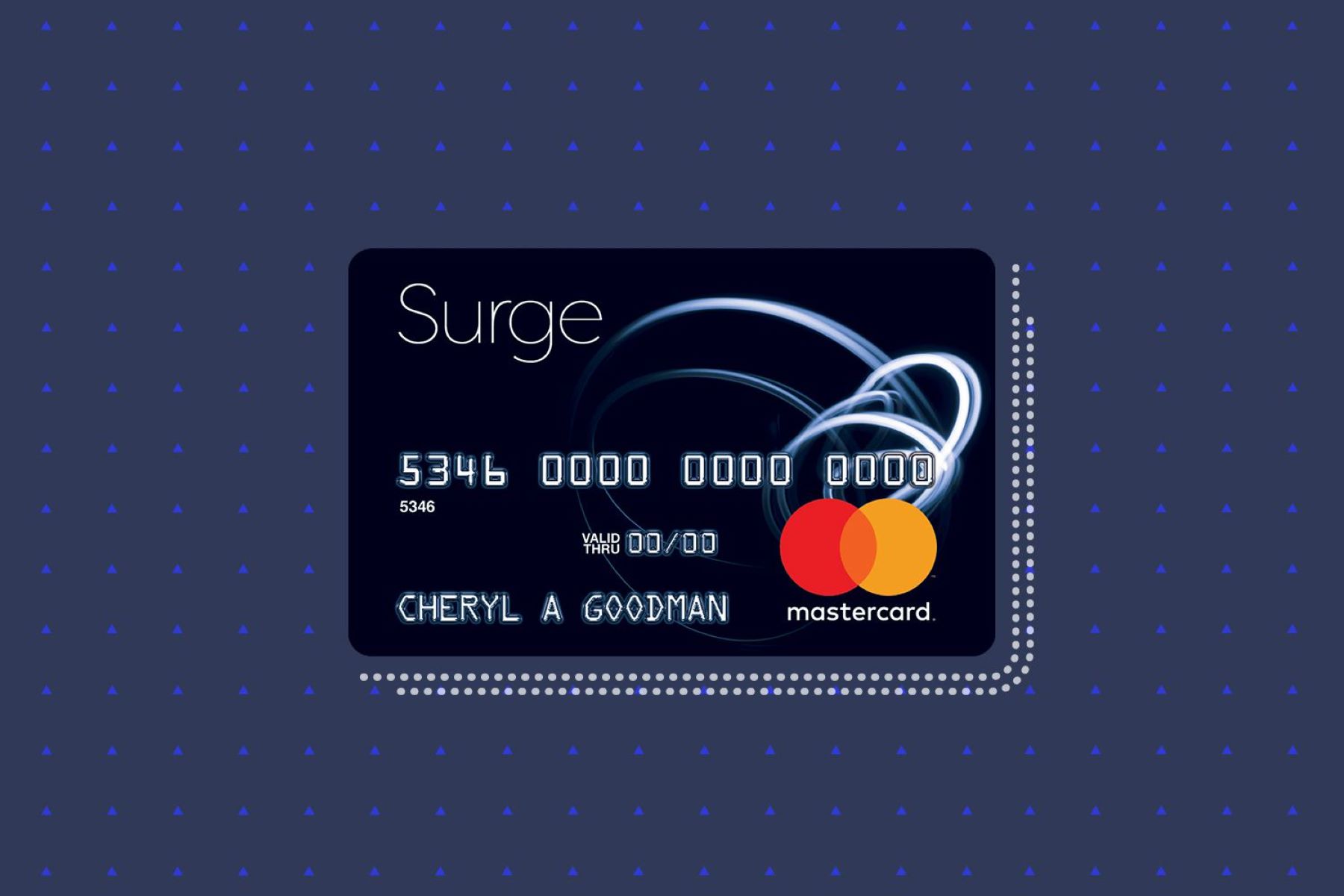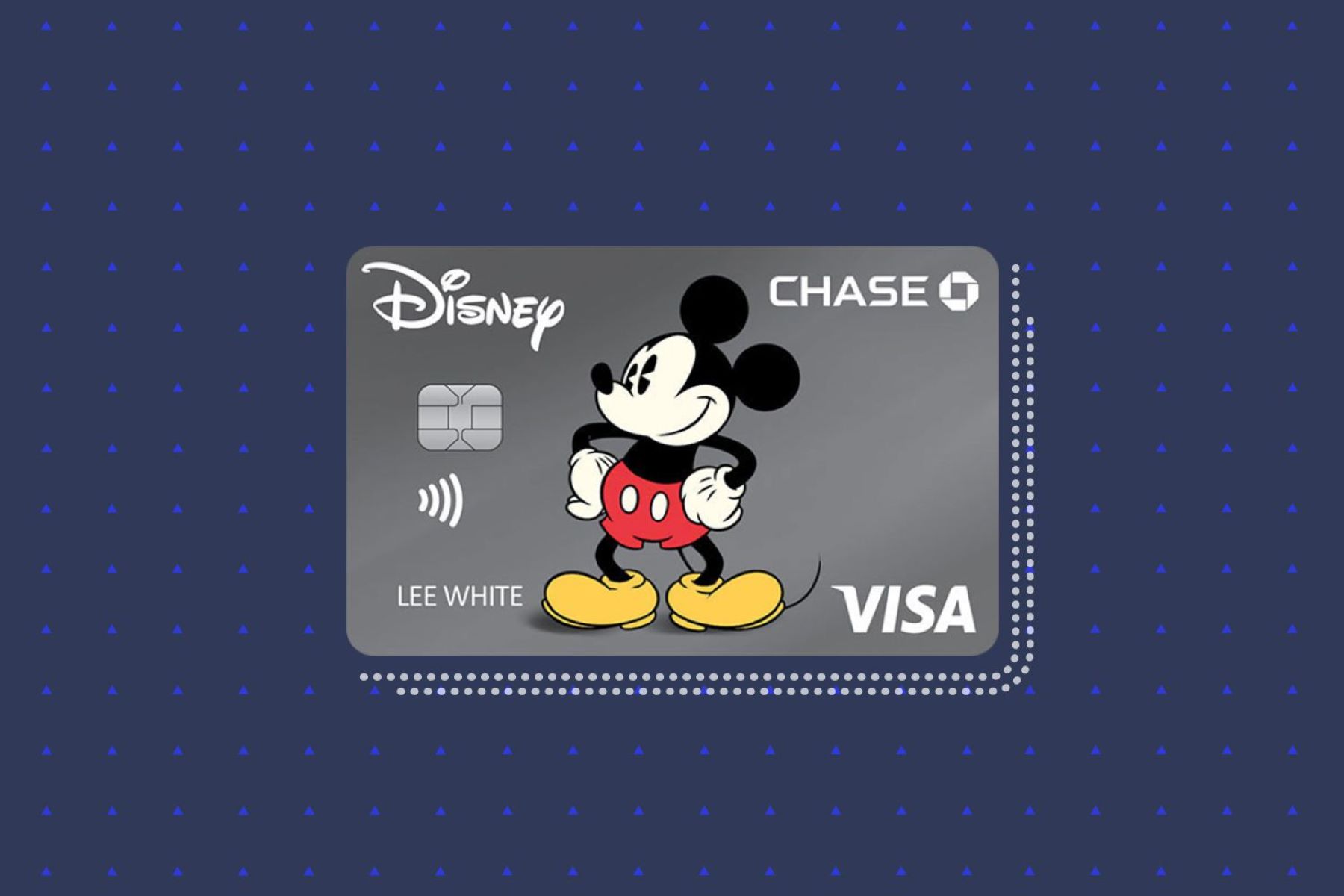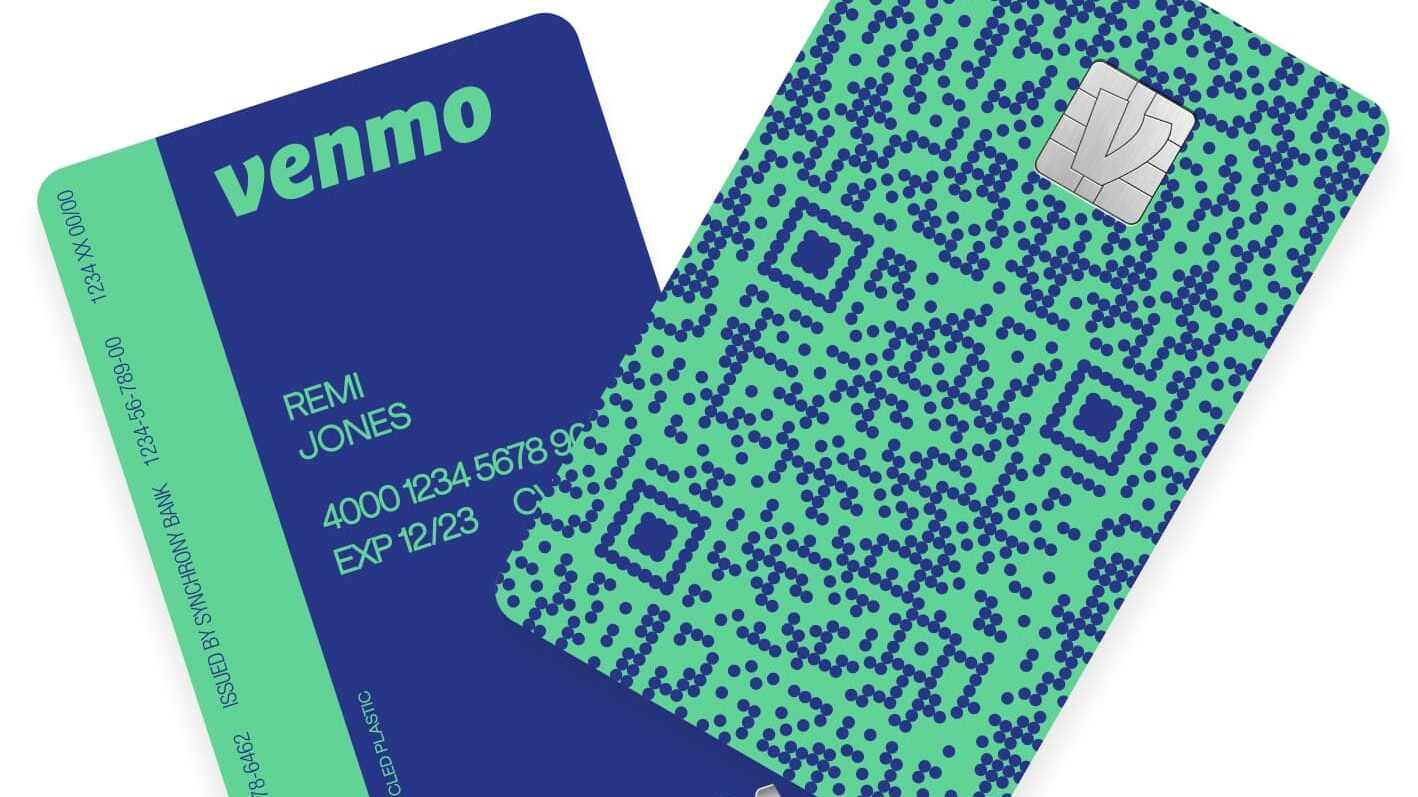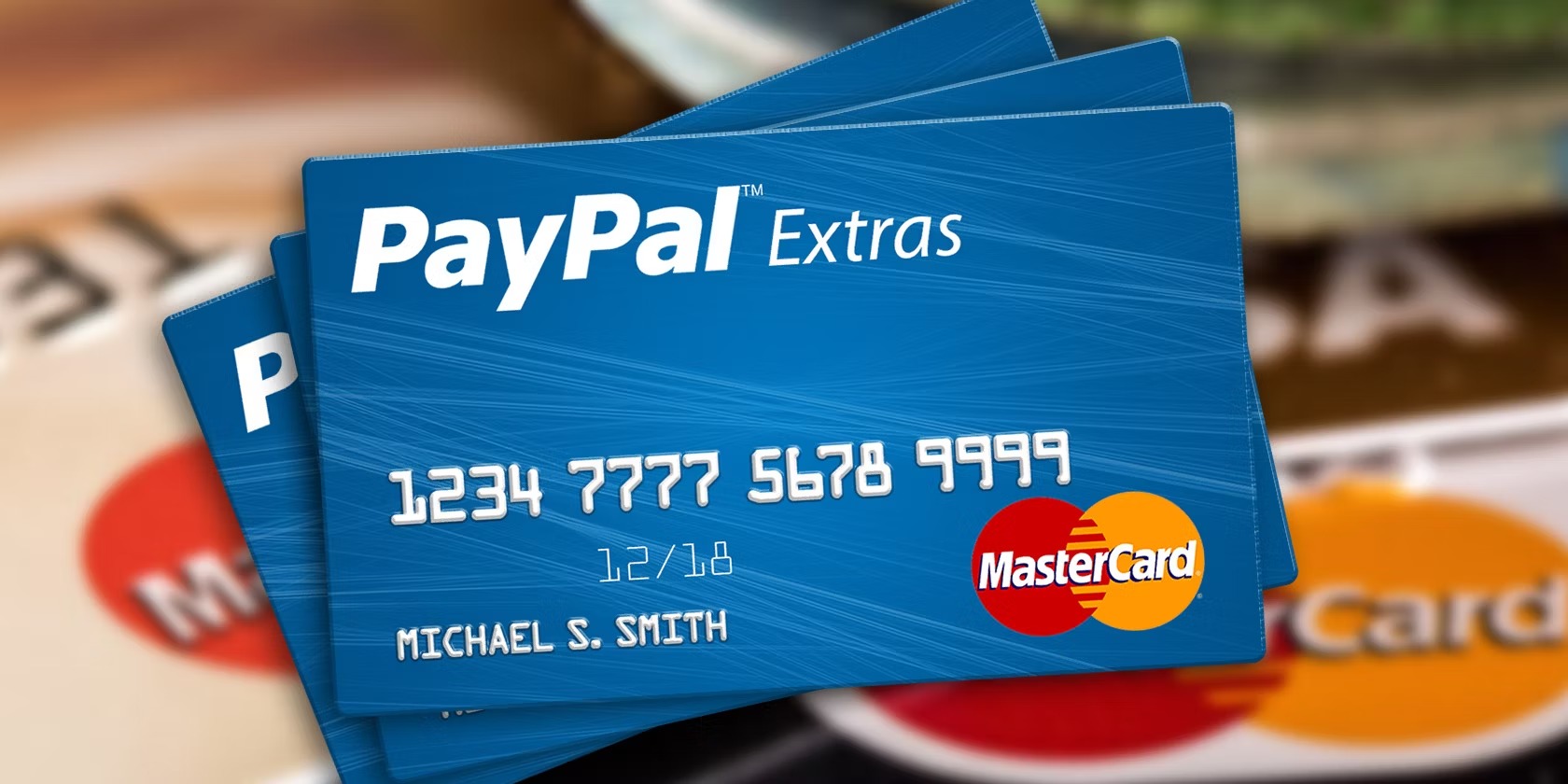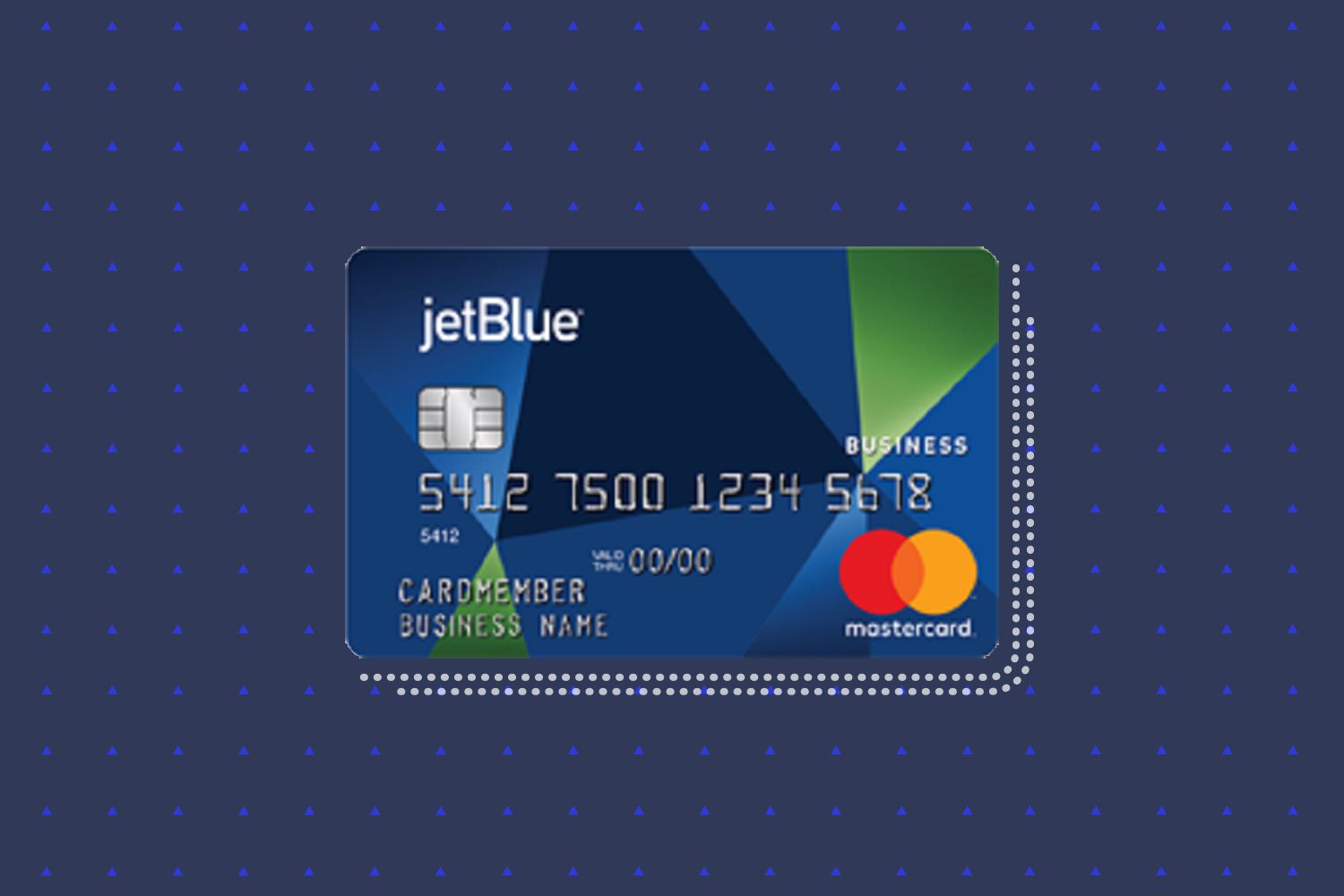Home>Finance>What Credit Score Do You Need For A Secured Card


Finance
What Credit Score Do You Need For A Secured Card
Published: March 1, 2024
Learn about the credit score required for a secured card and how it can impact your financial journey. Find out how to build credit with a secured card.
(Many of the links in this article redirect to a specific reviewed product. Your purchase of these products through affiliate links helps to generate commission for LiveWell, at no extra cost. Learn more)
Table of Contents
Introduction
Secured credit cards serve as a valuable tool for individuals aiming to build or rebuild their credit. These financial products offer a pathway to establishing a positive credit history, which is essential for various aspects of personal finance, including securing loans, renting an apartment, and even obtaining favorable insurance premiums. Understanding the nuances of secured credit cards, including the credit score requirements, benefits, and strategies for utilizing them effectively, can empower individuals to make informed decisions about their financial future.
Navigating the world of credit can be daunting, especially for those who have encountered setbacks that have impacted their credit scores. However, secured credit cards provide a viable solution for those seeking to improve their creditworthiness. By providing a cash deposit that serves as collateral, these cards offer a lower barrier to entry compared to traditional unsecured credit cards. As a result, they can be instrumental in helping individuals establish or rebuild their credit profiles.
In this comprehensive guide, we will delve into the intricacies of secured credit cards, shedding light on the credit score requirements for obtaining one, the benefits they offer, and how they can be leveraged to build a positive credit history. Additionally, we will explore essential tips for selecting the right secured card, equipping readers with the knowledge needed to make informed choices that align with their financial goals. Whether you're new to the world of credit or are looking to bounce back from past financial challenges, understanding the role of secured credit cards can be a pivotal step toward achieving long-term financial stability.
Understanding Secured Credit Cards
Secured credit cards are a unique category of financial products designed to assist individuals in establishing or rebuilding their credit. Unlike traditional unsecured credit cards, secured cards require the cardholder to provide a cash deposit, which serves as collateral and determines the credit limit. This deposit mitigates the risk for the card issuer, making secured cards more accessible to individuals with limited or damaged credit histories.
Upon obtaining a secured credit card, the cardholder can use it for various transactions, just like a traditional credit card. However, the initial cash deposit acts as a form of security for the card issuer, providing assurance that funds are available to cover any potential defaults. It’s important to note that the cash deposit does not serve as payment for charges made with the card; rather, it acts as a safeguard for the issuer in the event of non-payment.
One of the key distinctions between secured and unsecured credit cards is that secured cards are often accompanied by higher interest rates and annual fees. This is attributable to the increased risk associated with lending to individuals with limited or damaged credit. However, when used responsibly, a secured credit card can serve as a stepping stone to accessing better financial products in the future, as it allows cardholders to demonstrate their ability to manage credit responsibly.
For individuals who are new to credit or are working to rebuild their credit after encountering financial challenges, secured credit cards offer a practical means of establishing a positive credit history. By understanding the unique dynamics of secured cards, individuals can leverage these financial tools to improve their creditworthiness and pave the way for enhanced financial opportunities in the long run.
Credit Score Requirements for Secured Cards
Unlike traditional unsecured credit cards, secured credit cards do not typically have stringent credit score requirements for approval. This makes them an accessible option for individuals who may have limited or damaged credit histories. Since the cash deposit serves as collateral, the risk to the card issuer is significantly reduced, allowing them to extend credit to a broader range of applicants.
While specific credit score requirements can vary among different card issuers, secured credit cards are generally more attainable for individuals with lower credit scores or those with limited credit history. In many cases, the primary consideration for approval is the ability to provide the required cash deposit, rather than meeting a specific credit score threshold.
It’s important to note that while secured credit cards offer a pathway to obtaining credit without stringent score requirements, applicants are still subject to standard eligibility criteria, such as income verification. Additionally, certain negative factors on a credit report, such as recent bankruptcies or unresolved delinquencies, may impact the approval process, regardless of the lack of strict credit score prerequisites.
For individuals who are aiming to rebuild their credit, secured credit cards can serve as a valuable entry point, allowing them to demonstrate responsible credit management without being hindered by stringent credit score requirements. By responsibly utilizing a secured card and making timely payments, individuals can begin to rebuild their credit history, potentially leading to improved credit scores over time.
Benefits of Secured Credit Cards
Secured credit cards offer several advantages that make them a valuable financial tool for individuals seeking to build or rebuild their credit. Understanding these benefits can empower individuals to make informed decisions about their financial journey and leverage secured cards effectively.
- Accessibility: One of the primary benefits of secured credit cards is their accessibility. Unlike traditional unsecured cards that may require a strong credit history for approval, secured cards are attainable for individuals with limited or damaged credit. The cash deposit serves as collateral, reducing the risk for the card issuer and increasing the likelihood of approval for applicants.
- Credit Building: Secured credit cards provide a practical means of building or rebuilding credit. By using a secured card responsibly and making timely payments, cardholders can demonstrate their creditworthiness, potentially leading to improvements in their credit scores over time. This can open doors to better financial products and opportunities in the future.
- Financial Discipline: Using a secured credit card encourages financial discipline. Cardholders are required to manage their credit responsibly, as the cash deposit serves as collateral. This can instill healthy financial habits and responsible spending behavior, contributing to long-term financial stability.
- Transition to Unsecured Credit: In many cases, responsible use of a secured credit card can pave the way for transitioning to an unsecured credit card. As cardholders demonstrate their ability to manage credit effectively, they may become eligible for traditional unsecured cards with higher credit limits and more favorable terms.
- Convenience and Security: Secured credit cards offer the convenience and security of traditional credit cards. They can be used for various transactions, including online purchases and bill payments, providing the flexibility and security that come with credit card usage.
By leveraging these benefits, individuals can utilize secured credit cards as a stepping stone toward achieving their financial goals, whether it involves building a positive credit history, improving credit scores, or transitioning to unsecured credit products in the future.
Building Credit with a Secured Card
Secured credit cards serve as a powerful tool for individuals looking to build or rebuild their credit. By understanding the dynamics of credit utilization and responsible payment management, cardholders can use secured cards strategically to enhance their creditworthiness over time.
One of the fundamental ways in which a secured credit card contributes to building credit is through responsible usage. Cardholders can demonstrate their creditworthiness by utilizing the secured card for everyday expenses and making timely payments. This showcases financial responsibility to credit bureaus, potentially leading to positive impacts on credit scores.
It’s important for individuals leveraging secured credit cards for credit building to keep their credit utilization low. This involves maintaining a modest balance relative to the credit limit and making regular, on-time payments. By doing so, cardholders can exhibit prudent credit management, a factor that influences credit scoring models favorably.
Regular monitoring of credit reports is also crucial when building credit with a secured card. By staying informed about their credit standing, individuals can ensure that their efforts with the secured card are accurately reflected in their credit reports. This allows for timely identification and resolution of any discrepancies or inaccuracies that may arise, safeguarding the integrity of their credit history.
Over time, responsible use of a secured credit card can lead to improvements in credit scores, opening doors to enhanced financial opportunities. As creditworthiness is established and credit scores rise, individuals may become eligible for traditional unsecured credit cards, loans, and other financial products with more favorable terms and benefits.
By leveraging the credit-building potential of secured cards and maintaining responsible credit management practices, individuals can set themselves on a trajectory toward long-term financial stability and increased access to a wide array of financial products and services.
Tips for Choosing a Secured Card
When selecting a secured credit card, it’s essential to consider various factors to ensure that the chosen card aligns with your financial needs and goals. By keeping the following tips in mind, individuals can make informed decisions when choosing a secured card that best suits their circumstances:
- Annual Fees and Interest Rates: Compare the annual fees and interest rates associated with different secured cards. While secured cards may generally have higher fees and interest rates than traditional unsecured cards, it’s beneficial to select a card with competitive terms to minimize costs.
- Credit Reporting: Ensure that the card issuer reports to all three major credit bureaus. The primary objective of obtaining a secured card is to build or rebuild credit, and consistent reporting of payment history to credit bureaus is crucial for achieving this goal.
- Upgrade Opportunities: Inquire about the potential for transitioning from a secured card to an unsecured card with the same issuer. Understanding the possibilities for graduating to an unsecured card can be advantageous for individuals aiming to improve their credit and access better financial products in the future.
- Security Deposit Requirements: Consider the minimum and maximum security deposit requirements for the secured card. Assess whether the deposit aligns with your budget and financial capabilities, as it determines the initial credit limit and serves as collateral for the card.
- Additional Benefits: Explore any additional benefits or features offered by the secured card issuer. Some secured cards may provide perks such as cash back rewards, extended warranty protection, or other valuable benefits that enhance the overall cardholder experience.
- Customer Service and Support: Evaluate the quality of customer service and support provided by the card issuer. A responsive and supportive customer service team can be invaluable, especially when navigating the nuances of credit building and managing a secured card effectively.
By carefully considering these tips and conducting thorough research, individuals can select a secured credit card that not only serves as a tool for building credit but also offers favorable terms and benefits that align with their financial objectives.
Conclusion
Secured credit cards represent a valuable opportunity for individuals to embark on a journey toward building or rebuilding their credit. By providing a structured pathway to establishing a positive credit history, secured cards offer accessibility, credit-building potential, and a means of demonstrating responsible financial management. Understanding the role of secured credit cards and their associated benefits equips individuals with the knowledge needed to make informed decisions that align with their financial goals.
For those who have encountered setbacks that have impacted their credit scores, secured credit cards serve as a practical entry point into the world of credit. The ability to obtain a secured card without stringent credit score requirements provides a lifeline for individuals aiming to improve their creditworthiness and access better financial opportunities in the future.
Building credit with a secured card involves strategic credit utilization, responsible payment management, and regular monitoring of credit reports. By leveraging these practices, individuals can position themselves for long-term financial stability and increased access to a wide array of financial products and services.
When selecting a secured credit card, individuals should consider factors such as fees, interest rates, credit reporting practices, upgrade opportunities, and additional benefits. By conducting thorough research and evaluating these aspects, individuals can choose a secured card that not only facilitates credit building but also offers favorable terms and features that complement their financial needs.
In conclusion, secured credit cards serve as a pivotal tool for individuals to take control of their financial destinies, overcome credit challenges, and pave the way for a brighter financial future. By leveraging the benefits of secured cards and employing responsible credit management practices, individuals can embark on a transformative journey toward enhanced creditworthiness and increased financial well-being.

